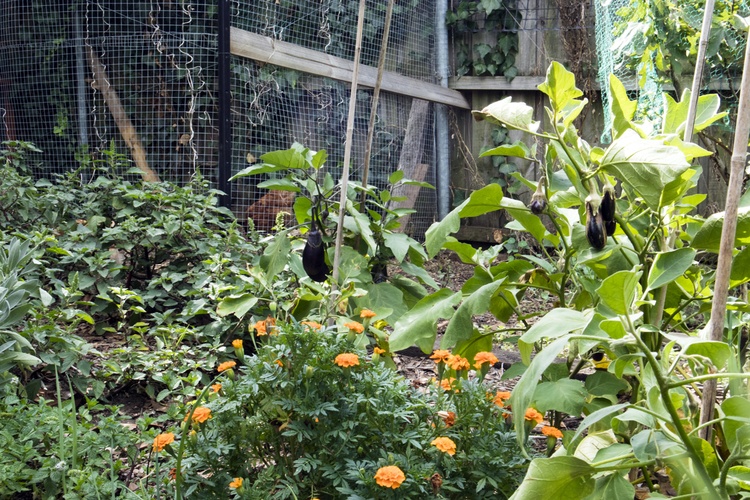The Home Gardens of Haberfield project was funded through a Local History grant from the Inner West Council.
Undertaken by Dr Vanni, Associate Professor in International Studies in the Faculty of Arts and Social Sciences at the University of Technology, Sydney, and her colleague, Dr Crosby, School of Design Course Director, also at UTS, the project aims to explore the relationship between gardens, place-making, community and belonging in the first comprehensively planned “garden suburb” of Australia, Haberfield.
Dr Vanni and Dr Crosby collected oral histories from several gardeners in the area.
They found that gardening is not just about caring for the environment, but provides physical, mental and, interestingly, cultural wellbeing.
Furthermore, the garden is a place where historical and cultural evolution is reflected.
This was particularly evident within the large Italian migrant community of Haberfield.
“We found gardens are ways to negotiate a different environment, and to remix cultural practices and create something new,” Dr Vanni said.
She gave the example of the abundance of mango trees grown by Italian gardeners in Sydney, as opposed to the more strictly Italian peach and apricot trees.
She described drinking a Bellini cocktail, traditionally made with prosecco and white peach juice, but which has been made with the substitute of mango juice.
Dr Vanni thought the drink was particularly delicious, perhaps because of the cultural development it had undergone, reflected through the practice of gardening.
The Home Gardens of Haberfield project also noted the historical changes present in the Italian gardens of Sydney.
While post-war Italian gardeners may have grown specific vegetables which were difficult to find in shops, nowadays they might grow vegetables because they simply taste better, or are easier to grow and more sustainable.
Gardening was found to have a main component in sharing.
This includes the neighbourly “peering” over the fence, and the swapping of notes on differing techniques.
The project forms part of the wider research studio known as Mapping Edges, which combines principles of permaculture with an interest in design activism in the urban environment.
The studio was formed by the two professors in 2016.
Dr Vanni explained that the studio examines initiative at the local level that brings together natural environment, cultural practices and much broader global concerns, such as how to live more sustainably in cities.
“We work with local communities... to understand how residents adopt slow and small-scale solutions and practice everyday sustainability,” she said.
Born and raised in Siena, in the region of Tuscany, Dr Vanni has cherished plants and gardening for many years, thanks in part to her family’s inherent love of gardening.
Her grandmother and aunties had beautiful and productive orti, and her father is said to grow stupendous hydrangeas.
She hopes that the project findings will be useful to Haberfield residents, in continual local battles against environmental destruction which occur around the area.
These include the recent tree massacre by Ausgrid, and the demolition of trees and heritage houses by WestConnex.
She also hopes to recognise the skills and knowledge of gardeners, which she described as “impressive”.
While the project did not document specifically Italian gardens, in the future it is expected to extend its research in this area.
“One of the findings is to document specifically Italian gardens because of the specialised and distinctive knowledge about particular ways of gardening, plants, seeds, design, and we would love to do that... if any gardeners read this please get in touch!,” the professor said.
Dr Vanni’s love of plants is why she gardens, and part of the reason why she has been inspired to undertake this project.
If you would like to share your garden with her or to swap seeds, you can contact her via email.












